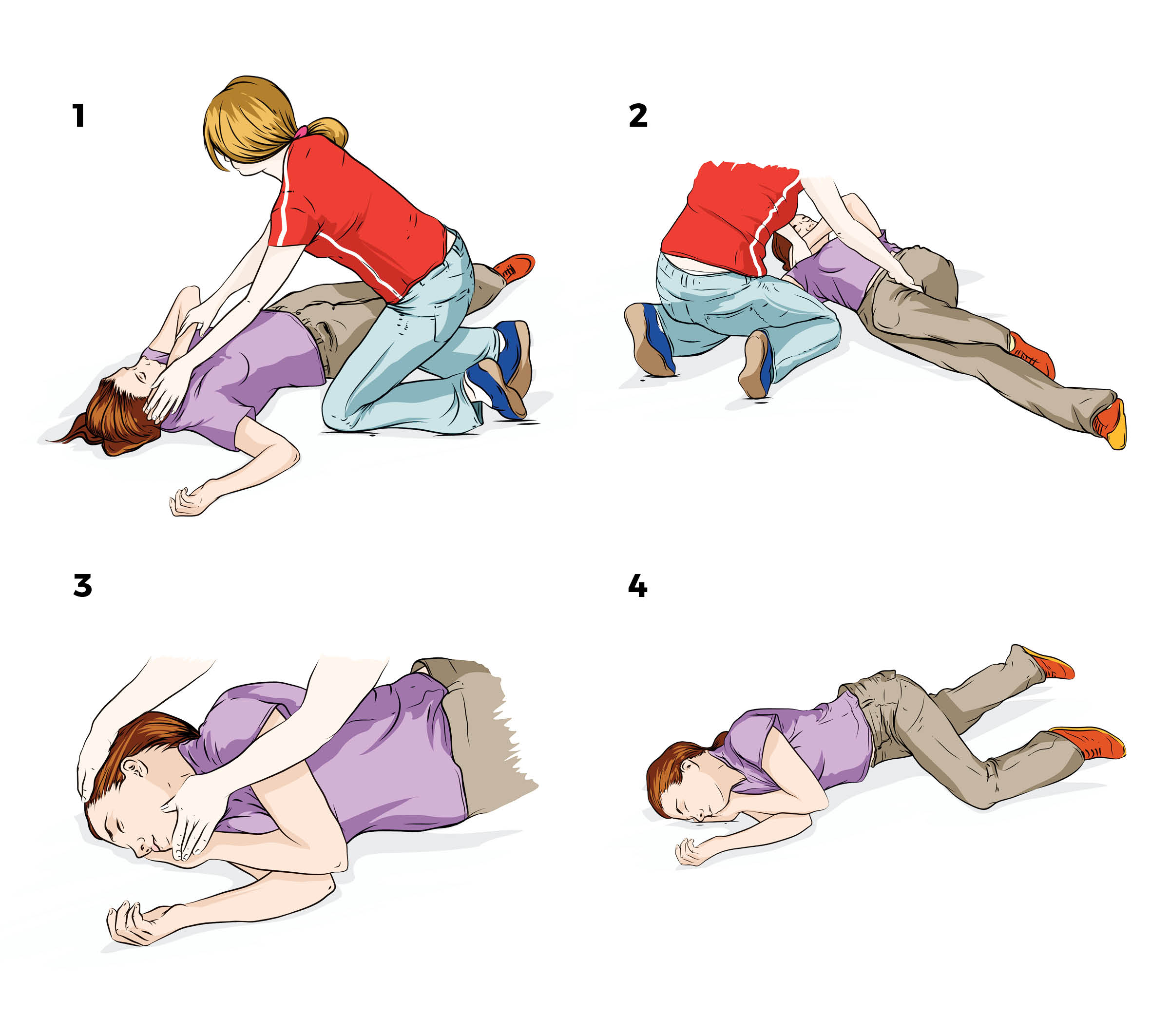Z-drugs
ZOPICLONE and ZOLPIDEM
'Z-drugs’ are depressant drugs which means that they slow down the messaging between the brain and the body. They have a similar sedative effect as benzodiazepines and are specifically used for the treatment of sleep problems (insomnia).
Z-drugs are generally effective as a short-term treatment for sleep problems, but become less helpful over time as the body adapts to the medicine and develops a tolerance. A doctor may prescribe a short course of z-drugs to help someone cope with a particularly bad spell of insomnia.
People can usually stop using z-drugs without any problems if they are taken for no more than 2-4 weeks.
Generic Name Trade Name
Zopiclone Imovane®, Imrest®, Imoclone®
Zolpidem Stilnox®, Dormizol®, Zolpibella®, Somidem®, Stildem®, Zolpibell®
What does it look like?
- Tablets or capsules
- Swallowed
People commonly use z-drugs to aid with sleep. Other short-term effects include:
- Dizziness
- Confusion
- Blackouts
- Short-term memory loss
- Sleep-walking or other bizarre behaviour while asleep
- Nightmares
- Temporary inability to form new memories
- Blurred vision
- Mood swings
- Suicidal thoughts
- Impaired learning
Z-drugs affect people differently depending on a range of factors including how much and what dose is taken, whether it is used with other drugs, and the individual characteristics of the person. Z-drugs when taken in large doses or when mixed with alcohol or other drugs increase the risk of significant amnesia (memory loss), bizarre or out-of-character behaviour, accidents and overdose.
- Nausea
- Headaches
- Weight gain
- Low energy
- Lack of motivation
- Poor sleep
- Irritability
- Paranoia
- Anxiety
- Depression
- Memory Loss
- Cognitive impairment
- Spending a great deal of time getting, using, or recovering from the effects
- Using in greater amounts, or for longer than originally planned
- Needing to use more to get the same effect
- Having cravings, difficulties stopping/reducing use
- Experiencing withdrawal symptoms
- Social problems including relationship issues, financial problems, impacts on study or work and legal problems
Medical advice is recommended for people who are considering cutting back or stopping their regular or long-term use of z-drugs as sudden withdrawal can trigger seizures. Other common withdrawal symptoms include headaches, dizziness, nausea, aching muscles, poor sleep, low mood, irritability, hallucinations, paranoia, anxiety and cravings. These withdrawal symptoms may be unpleasant, but usually decrease over time.
Sometimes it can take a few attempts to cut back or stop.
- Focus on reasons for cutting down or stopping
- Avoid ‘triggers’ (i.e. things associated with using such as places, people and stressful situations)
- Ask a friend, family member or health professional for support
Regular z-drug use throughout pregnancy can cause a newborn baby to experience withdrawal symptoms such as drowsiness and respiratory difficulties. People who are concerned about their z-drug use while pregnant or breastfeeding should talk to their doctor or health professional.
If so, questions you may wish to ask your doctor are:
- What are the benefits of using them?
- What are the risks associated with using them?
- Are there any safer or better alternatives? (including non-medication-based treatments)
- What would happen if we did nothing? (i.e. did not use this medicine)
If you agree to using this medication, you may also wish to ask:
- How long should I take this medicine?
- What are my chances of becoming physically or psychologically dependent upon this medicine?
- How difficult is it to stop using this medicine in the future?
Adis 24/7 Alcohol and Drug Support is a 24 hour, 7 day a week confidential support service for people in Queensland with alcohol and other drug concerns, their families and health professionals.
Talk to us. Anytime, anywhere.
1800 177 833
Signs of a z-drug overdose may include:
- Loss of consciousness
- Clumsiness, walking into things and falling over
- Slurred speech
- Urinary retention (unable to pee)
- Very slow breathing and/or gurgling sounds
- Slow heart rate
- Low body temperature
- Muscle twitching
- Cold clammy skin
- Blue lips and fingertips
- Skin with a bluish tinge
- Vomiting
- Confusion
- Drowsiness
If a person has overdosed on z-drugs call an ambulance on triple zero (000). If they have stopped breathing commence CPR. If they are breathing normally, place them into the recovery position and wait with the person until the ambulance has arrived.
Adis - Understanding 'Z-drugs' (Zopiclone and Zolpidem)
Adis fact sheet providing information about 'Z-drugs' (Zopiclone and Zolpidem)
Take a self assessment quiz, it's free and only takes 5 minutes.
